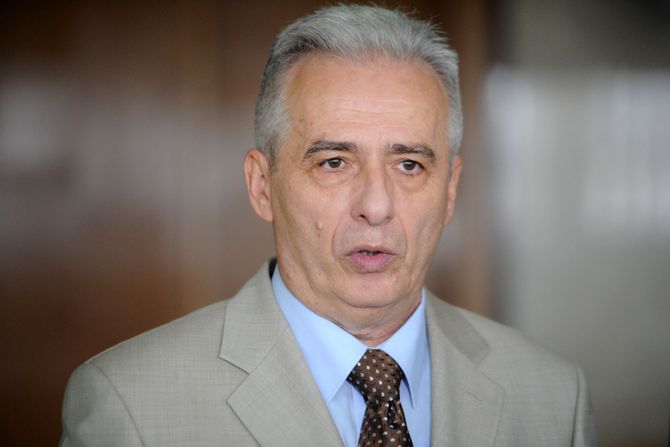Milovan Drecun, chairman of the Defense and Internal Affairs Committee of the Serbian Parliament, stated that the authorities in Pristina ordered the detention of three members of the Serbian Ministry of Internal Affairs and one retired policeman at administrative crossings as a response to Serbia’s intention to prosecute all who terrorize Serbs in Kosovo and Metohija. Drecun emphasized that Pristina is attempting to carry out ethnic cleansing of Serbs and is now trying to forbid people living in Kosovo and Metohija from working in central Serbia. He warned that Pristina might apply the same principle to all people traveling through administrative crossings and that the international community largely fails to respond to these actions. He also criticized the ban on displaying Serbian symbols in Gracanica, calling it a humiliation of the Serbian people. Serbia, on its part, continues to warn the international community and insists on dialogue and de-escalation of tensions.
Political Perspectives:
Left: Left-leaning outlets tend to emphasize the human rights aspect, highlighting the ethnic tensions and the impact on the Serbian minority in Kosovo. They often criticize the actions of the Pristina authorities as oppressive and stress the need for international intervention to protect minority rights and prevent ethnic cleansing.
Center: Centrist sources report the events with a focus on the political and diplomatic implications, presenting statements from both sides and emphasizing the importance of dialogue and de-escalation. They highlight the complexity of the Kosovo issue and the role of international actors in mediating the conflict.
Right: Right-leaning media strongly condemn the actions of the Pristina authorities, framing them as aggressive and unjustified attacks on the Serbian people. They emphasize Serbia’s right to protect its citizens and criticize the international community for not taking stronger measures against Kosovo’s institutions. National pride and sovereignty are central themes.



